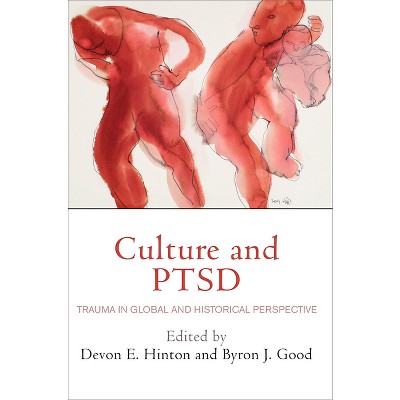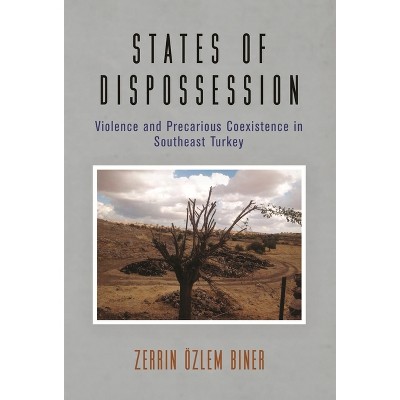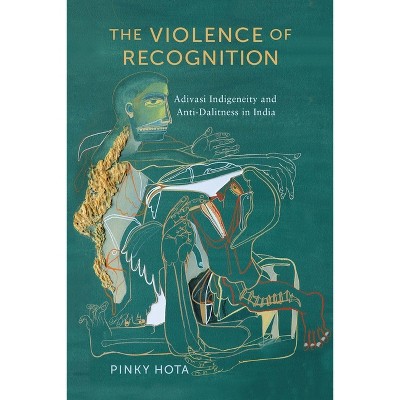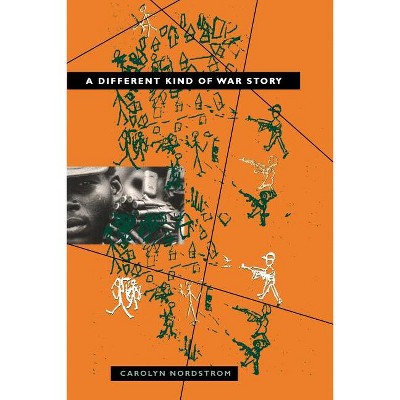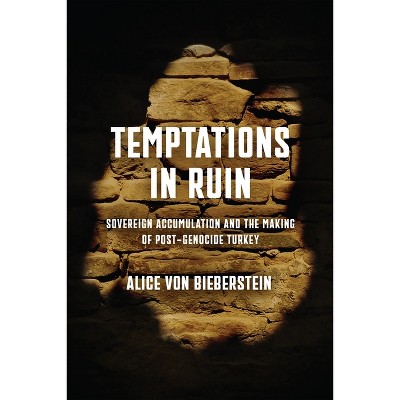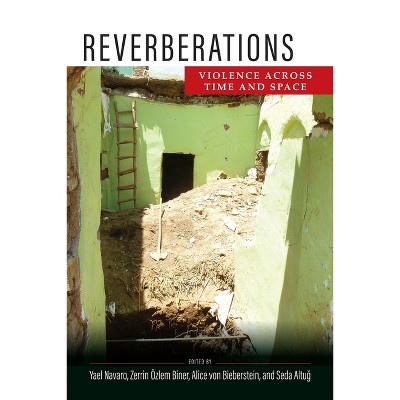Citizens of an Empty Nation - (Ethnography of Political Violence) by Azra Hromadzic (Hardcover)

About this item
Highlights
- In the wake of devastating conflict in Bosnia-Herzegovina, the polarizing effects of everyday ethnic divisions, combined with hardened allegiances to ethnic nationalism and the rigid arrangements imposed in international peace-building agreements, have produced what Azra Hromadzic calls an "empty nation.
- About the Author: Azra Hromadzic teaches anthropology at Syracuse University.
- 248 Pages
- Education, Administration
- Series Name: Ethnography of Political Violence
Description
About the Book
Building on long-term ethnographic research at the first integrated school of Bosnia-Herzegovina, Citizens of an Empty Nation offers a ground-level view of how reunification processes are negotiated by Bosnian youth, shedding light on the larger projects of humanitarian intervention, social cohesion, and citizenship.
Book Synopsis
In the wake of devastating conflict in Bosnia-Herzegovina, the polarizing effects of everyday ethnic divisions, combined with hardened allegiances to ethnic nationalism and the rigid arrangements imposed in international peace-building agreements, have produced what Azra Hromadzic calls an "empty nation." Hromadzic explores the void created by unresolved tensions between mandated reunification initiatives and the segregation institutionalized by power-sharing democracy, and how these conditions are experienced by youths who have come of age in postconflict Bosnia-Herzegovina.
Building on long-term ethnographic research at the first integrated school of Bosnia-Herzegovina, Citizens of an Empty Nation offers a ground-level view of how the processes of reunification play out at the Mostar Gymnasium. Hromadzic details the local effects of the tensions and contradictions inherent in the processes of postwar state-making, shedding light on the larger projects of humanitarian intervention, social cohesion, cross-ethnic negotiations, and citizenship. In this careful ethnography, the Mostar Gymnasium becomes a powerful symbol for the state's simultaneous segregation and integration as the school's shared halls, bathrooms, and computer labs foster dynamic spaces for a rich cross-ethnic citizenship--or else remain empty.Review Quotes
"An intimate and compellingly written ethnography of the lives of youth in postconflict Bosnia-Herzegovina, illuminating the depth and complexity of state politics as manifested and refracted in youths' lives."-- "Kimberley Coles, author of Democratic Designs: International Intervention and Electoral Practice in Postwar Bosnia-Herzegovina"
"In this rich, reflexive, and carefully crafted ethnography of youth in a Bosnian high school existing in the space between between reunification and segregation, Azra Hromadzic captures the lived realities of her subjects' everyday lives in the context of ethnicized nationalisms and international peace-building. The book is a passionate plea to look beyond the certainties of fixed categories and explore the possibilities of restoring, however fleetingly, a discourse and practice of hope for a better future."-- "Paul Stubbs, The Institute of Economics, Zagreb"
"International politicians sound great when they talk about 'multiculturalism' and 'integration, ' but Azra Hromadzic takes them to school-specifically, to the Mostar Gymnasium, where the tensions, temptations, and limitations of an ethnically divided state are felt, around the tables, in the hallways, in the shared bathroom. This book combines critical insight and humane sensitivity in equal measures. It is a model for how postconflict ethnography should be performed."-- "Eric Gordy, author of Guilt, Responsibility, and Denial: The Past at Stake in Post-Milosevic Serbia"
About the Author
Azra Hromadzic teaches anthropology at Syracuse University.Shipping details
Return details
Trending Non-Fiction






